Signs Special Issue: Rage
Signs Special Issue: RAGE
Signs: Journal of Women in Culture and Society invites submissions for a special issue titled “Rage,” slated for publication in the summer of 2021.
Feminists are raging. This special issue will consider our rage as a global, complex phenomenon that mandates interdisciplinary and intersectional analysis. Rage is historical. Rage can be deeply exclusionary, recognizable as a legitimate emotion for only a privileged few. It is an instrument of patriarchy as well as a potential feminist resource. Rage shapes moral claims for racial justice, movements against gender violence, and opposition to the global rise of authoritarian regimes. Rage can do so in ways that both extend and depart from the histories of feminist and queer raging that marked late-twentieth-century radical feminism, global organizing against HIV/AIDS, and against police brutality. Rage is embedded in the fabric of institutions, in public policy, and in conservative rhetoric. It animates white supremacist and patriarchal violence as well as feminist resistance. Women’s rage has historically been medicalized, pathologized, and perceived as antinormative and antisocial. Yet rage also marks transgressive arenas such as black feminist culture, thought, and politics. Black feminist theory has offered critical insights on rage’s eloquence, uses, and violent racialization, while public figures such as Serena Williams force us to grapple with rage as public refusal, as well as a labor resource and commodified affect. This special issue seeks to further explore rage as a conundrum, or double agent, operating both for and against feminism: visceral, transgressive, galvanizing, and socially constructed.
We welcome essays that consider political, social, and cultural understandings of rage. Essays should address rage as a contested framework and concept that shapes structural distributions of power, consolidated and constituted through modern institutions and ideologies. We welcome essays that theorize rage from decolonial, anticolonial, and intersectional feminist perspectives to better understand the lives of women, and subaltern, queer, trans, and nonbinary peoples. Essays should address rage as a central analytical question for feminist theory and practice but may also analyze rage as a dynamic concept, constituted in relation to other affective modes, from sadness, grief, elation, and exhaustion to the long-term effects of these emotional experiences on the body, on marginalized communities, and on the workings of the state. Authors may examine rage in individual narratives or collective experience — from the everyday life of rage in performances of gender, affect, and embodiment to the cultural and political life of rage in social and political movements, to representations of rage in the arts. The special issue will address rage in historical as well as contemporary perspectives, and will highlight the significance of rage across time and diverse geopolitical spaces. We encourage essays from all disciplines and fields, and from different regions around the world, that present a clear and accessible interdisciplinary argument and that speak to a wide audience.
Signs particularly welcomes bold essays that engage the complex dynamics of rage as personal and social, affective, and political, and that consider rage in empirical and theoretical ways. These essays should consider broader affective, political, social, and historical contexts. Signs encourages essays that address large questions, debates, and controversies without employing disciplinary or academic jargon. We welcome essays that put rage in relation to race, sexuality, class, sexual difference, and power. We seek essays that are forceful, passionate, strongly argued, and willing to take risks. We are interested in essays that are historical as well as those that engage contemporary situations, texts, performances, representations, and movements. We invite essays that break with academic conventions, as well as those that deploy those conventions creatively. We seek essays that rage, as well as those that offer ways to move our energies forward.
The deadline for submissions is September 15, 2019. Sarah Haley (UCLA), Carla Kaplan (Northeastern), and Durba Mitra (Harvard) will serve as guest editors of the issue. Manuscripts may be submitted electronically through Signs’ Editorial Manager system at http://signs.edmgr.com and must conform to the guidelines for submission available at http://signsjournal.org/for-authors/author-guidelines/. This call for papers is available for download as a PDF here: http://signsjournal.org/wp-content/uploads/2018/12/RageSignsCFP.pdf
